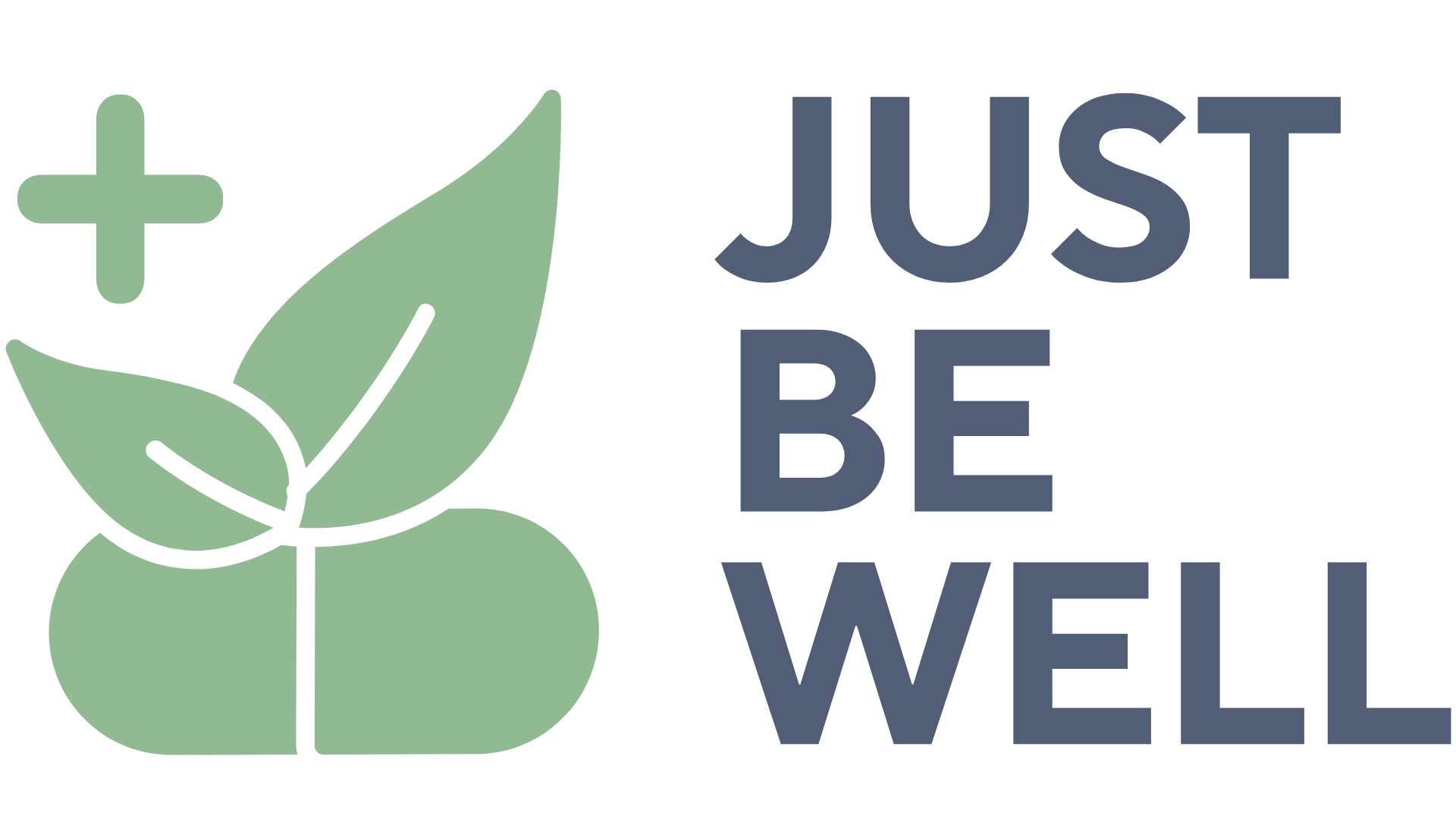What is the Root Cause of Addiction?
On the surface this seems like a no brainer… Drugs. But that is NOT TRUE.
Drugs are not the root cause of addiction. In fact, a large longitudinal study put out by the US Department of Health and Human Services showed that conclusively.
In one group surveyed 41% reported having used cocaine at least one time in their life, less than 0.1% showed evidence of addiction. This means less than 1 in 400 who tried cocaine got addicted.
In another group 5.1 % had tried crack at least once in their life, less than 0.05% showed evidence of addiction. The drug considered the most addictive on Earth showed less than 1 in 100 will become addicted.
If drugs are not the cause of addiction what is?
“The opposite of Addiction is not Sobriety, it is Connection.”
~ Johann Hari
Here is a link to his Excellent TED Talk.
Connection? He is talking about Human Connection. Addiction is the loss of Human Connection.
We lose Human connection in many ways. It can be from depression, anxiety, or PTSD. It can be from social phobia, or just feeling like you don’t fit in. Or an excessive need to fit in. It may be from a fear of failure. It can be from being highly sensitive to the feelings and emotions of others. It can be from being bullied, abused, traumatized, or isolated. It may be from any number of unique to you reasons.
We are told that we live in the most connected society that has ever existed. But is that true? Will your twitter friends, or your Facebook friends come to help you in your time of need? No. It is your true friends who will. The ones you see in person. The people who really know you and have a deep relationship with you. But who are those people? For most of us the number of these friends has been declining over recent years. For many the number of true friends is zero.
We crave relationships. Despite what we see in the movies, we are not lone heroes. We naturally seek out relationships. And if we cannot bond with our fellow humans, we will bond with a drug. It is a human need.
Even rats will bond with a drug if left alone. Early experiments of rats showed that they would prefer drug water to pure water. But these early experiments were flawed. Rats that had a choice between being alone with no drug or being alone and using the drug; chose to use the drug.
More recent experiments were done in a robust social environment for rats. The rats had the choice of genuine social interaction with toys, friends, and family, or the same social environment and drugs. They chose friends and family over drugs. Even when drug addicted rats were placed in this environment, they chose to avoid the drug water.
But those are rats, what about people? The country of Portugal had a very serious drug problem, and they are turning it around. About 1% of the population was addicted to Heroin. That is double the number in the US. They assembled a group of scientists to look at the literature about drug use including experiments like those above.
They decriminalized drug use. Then they used the “war on drugs” money and the savings from not incarcerating people to get them jobs. In one part of the program, they would pay half of the salary of former drug user so that companies would be incentivized to hire them. They also have social connection programs designed to reengage drug users with society. It has worked, heroin use is down by 50%. Drug related deaths are 5 times lower than the European Union at large.
Everything we think we know about drug addiction is wrong. Drug addiction is not about the drugs. It is about human connection. And our current approach to drugs only makes the problem worse. We criminalize and marginalize addicts. If the real cause is marginalization, how is this helping? If the real cause is loss of social connection, how is the stigma of a criminal record and the prospects of not being able to work helping?
At Just Be Well we know that Addiction is NOT a character flaw or a moral failing. We know it is a brain disease. It is a loss of human connection, unique to each individual. Our program is designed to help you understand your WHY and to reintegrate into connection, while reducing cravings and relapse. Some people are Dandelions, other are Orchids. Dandelions can tolerate vary harsh conditions; they resist abuse. Orchids are very fragile. We help Orchids become Dandelions. We help people cultivate Resistance, Resilience, and Recovery.


